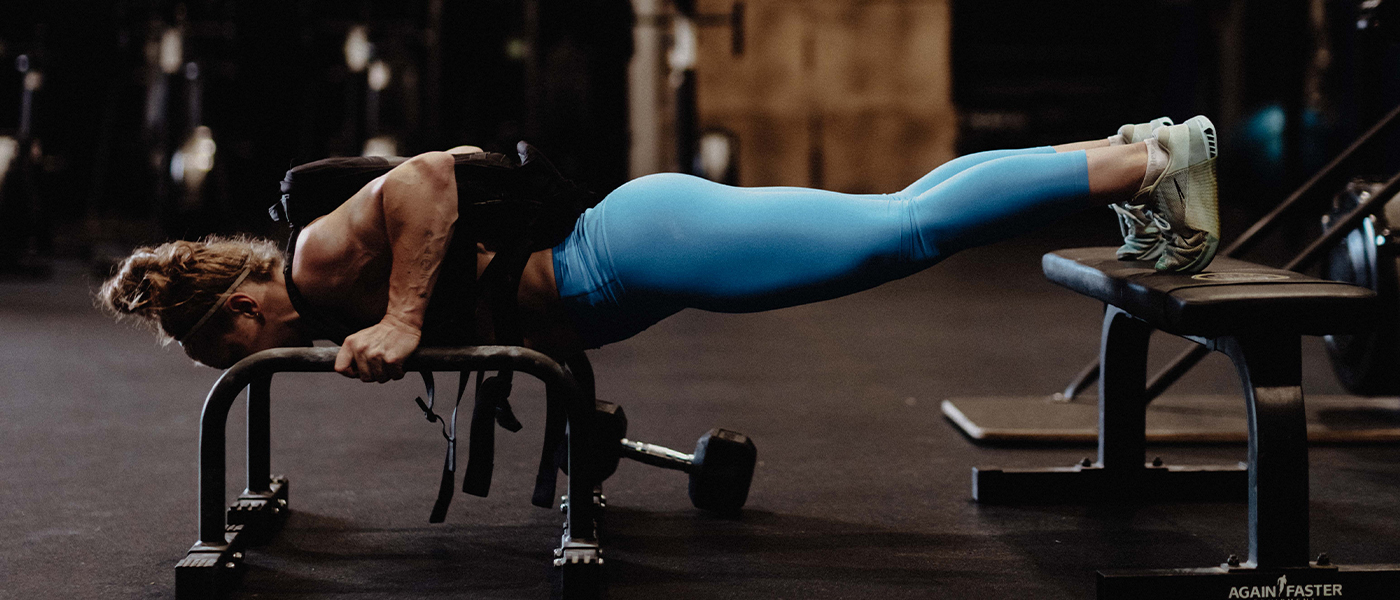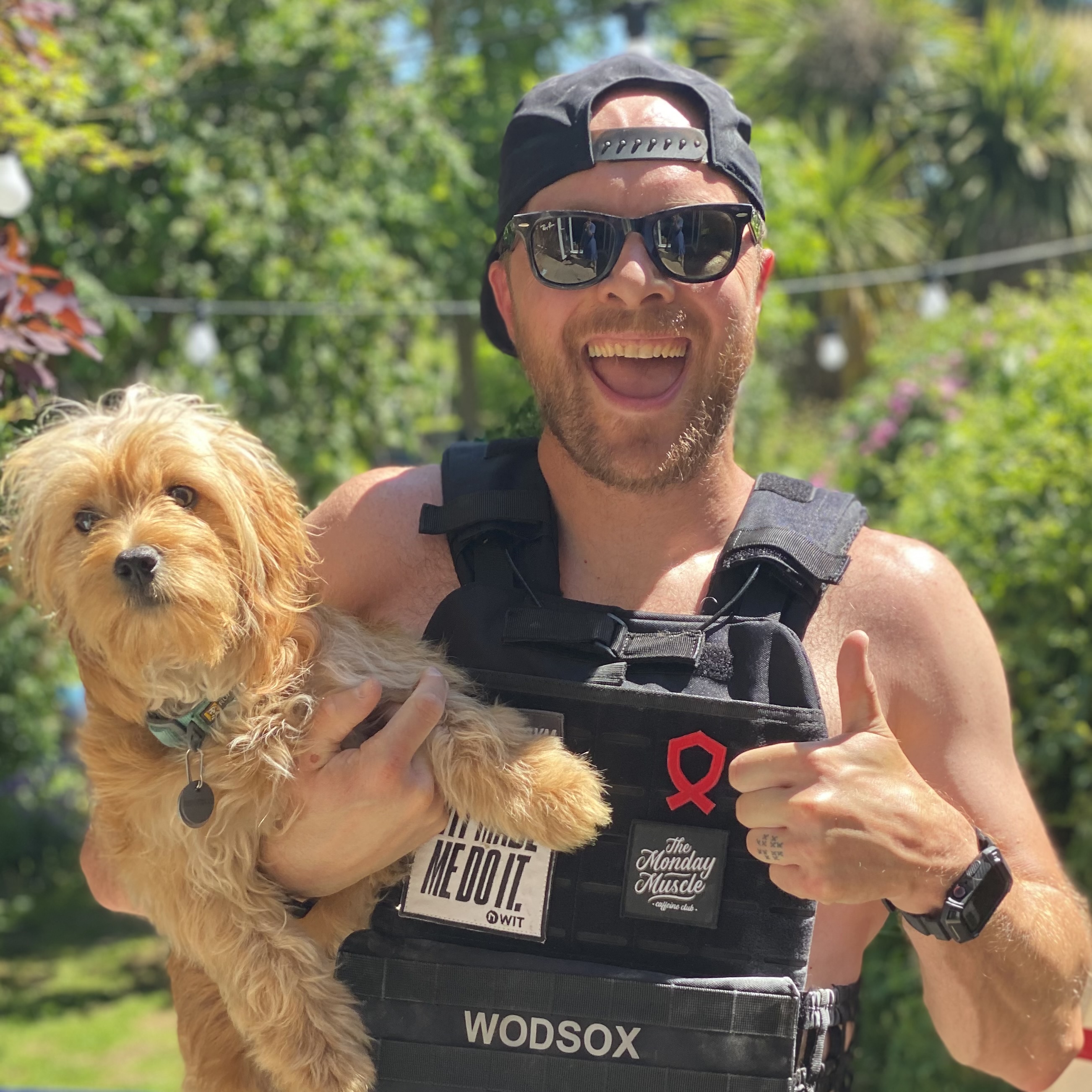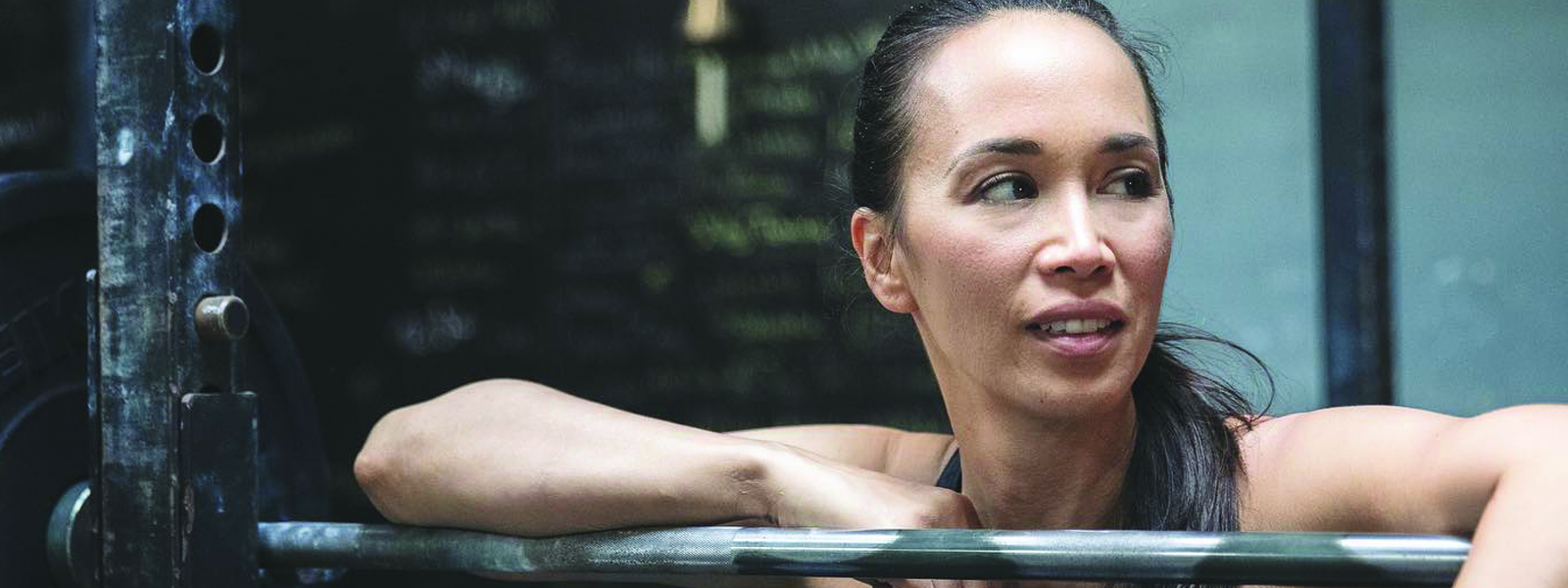On a humid morning in Madison, Wisconsin, in the summer of 2022, Lucy Campbell stood in the athlete warm-up area of the CrossFit Games. For the 27-year-old from Nottingham, it was the culmination of years of discipline, sacrifice, and ambition.
She had already made a name for herself as one of the UK’s brightest CrossFit stars and she would prove she belonged on the sport’s biggest stage — finishing 16th in the world and becoming the highest-placed British female at the Games that year.
It was a breakthrough moment. But just a year later, everything had changed. A nagging wrist injury had worsened, forcing her to the sidelines and into one of the hardest battles an athlete can face: the uncertainty of recovery.
The road back would take time, patience, and a complete rebuilding of both body and mindset. Yet in 2025, Lucy returned to the Games — this time in Albany, New York — a person transformed. Over four brutal days of competition, she silenced any doubt, claiming second place at the CrossFit Games and marking one of the most remarkable comebacks the sport has seen.
Her story is one of triumph, setback, resilience, and perspective — a reminder that the true test of an athlete isn’t just what they do when the lights are on, but how they rise when everything falls apart.

Building Foundations
Before she ever set foot on a CrossFit competition floor, Lucy’s sporting DNA was forged in gymnastics and swimming. From the age of seven, she trained relentlessly — early mornings, long weekends, endless repetition.
“Swimming gave me so much,” she says. “The work ethic, the structure, the idea that success doesn’t come quickly — it’s all built into you. It also gave me the resilience to keep going even when progress feels slow.”
But over time, swimming lost its spark. “I loved it, but it felt repetitive. I wanted something that challenged me in different ways — something that wasn’t just about chasing times up and down a pool.”
That curiosity led her to strength training, and soon after, to CrossFit. “It was like finding the sport I’d been waiting for,” she says. The blend of endurance, strength, gymnastics, and constant variation lit a fire. Her background gave her a unique edge — aerobic efficiency from swimming, body awareness from gymnastics.
By 2022, that fire had carried her all the way to Madison. For UK athletes, qualifying is notoriously difficult in a field dominated by North America. Britain has produced icons — Sam Briggs, the 2013 world champion, and Emma McQuaid, a consistent Games contender — but resources and pathways remain limited.
Campbell defied those odds. At her debut Games, she didn’t just survive, she excelled. In the swimming event, she was composed and efficient. In gymnastics-heavy workouts, she was precise and clinical. Even in brutal lifting events, she absorbed the pain and kept moving.
“It was surreal, standing out there knowing I’d made it,” she recalls. “But more than that, it was about showing what’s possible for athletes in the UK. We don’t have the same exposure or resources as in the States, so qualifying meant a lot.”
Her 16th-place finish confirmed her as one of Britain’s most exciting CrossFit athletes. But soon after, her world, her career, started to shift beneath her feat.
Setbacks & Surgery
In 2023, during training, Lucy began to feel a persistent ache in her wrist. Rest and rehab didn’t help. After months of frustration, scans revealed the real problem — a five-millimetre discrepancy between her radius and ulna, causing her lunate bone to fragment over time.
“The idea of surgery was terrifying,” she admits. “But I realised recovery was going to be its own challenge. I could either let it defeat me or grow from it.”
She underwent a radial shortening osteotomy, a procedure that removed a section of bone to realign her wrist. Recovery was long and meticulous. Every gain was hard-won.
“You start asking yourself: who am I if I’m not competing? What value do I have if I’m not out there performing?” she says. “It forced me to stop looking too far ahead and focus on small wins each day.”
What she didn’t know then was that those months of rebuilding would become the foundation for the comeback.

Learning Lessons
Paradoxically, the injury became a turning point. With competition off the table, she began addressing weaknesses she’d never had time for — power development, leg endurance, explosiveness. When she finally returned to full lifting, her hip drive was stronger, her mechanics sharper.
“I wasn’t able to lift at full capacity for a while,” she explains. “But working on weaknesses meant that when I could lift again, everything improved. It was frustrating, but it was also the most productive period of my career in some ways.”
Her perspective on competition shifted, too. By the time she returned to events like Wodapalooza in early 2024, she carried a different energy. “If it doesn’t work out, I’ll be fine,” she says. “I don’t take being on the floor for granted anymore. My competitors don’t scare me the way they used to. I can focus on my performance without being consumed by the leaderboard.”
Testing her wrist, her mindset, and her confidence, this new attitude to competition paid off. She won Wodapalooza, one of the biggest events in the annual calendar She began to believe again that the Games weren’t behind her. They were waiting.
A New Generation
Lucy’s story now sits within a fresh chapter of British CrossFit. Sam Briggs showed what longevity and grit look like. Emma McQuaid brought consistency and drive. Lucy represents the next wave, a balance of raw athleticism, self-awareness, and perspective.
In 2025, she carried that legacy forward, returning to the CrossFit Games in Albany with a quiet conviction and a rebuilt body. Event after event, she climbed the leaderboard, until, by the final day, she stood second in the world.
“When I crossed the line on that final event, it wasn’t relief or disbelief,’ Lucy reflects. “It was pride. Everything I’d been through, every setback, led to that moment.
Whether her next chapter takes her back to the CrossFit Games, or into coaching or even commentary, Lucy Campbell has already made her mark on the sport. More importantly, she has shown that strength is measured not only in lifts and times, but in the courage to rebuild and rethink. To rise stronger.
“Setbacks don’t define you. It’s how you come back that does.”





